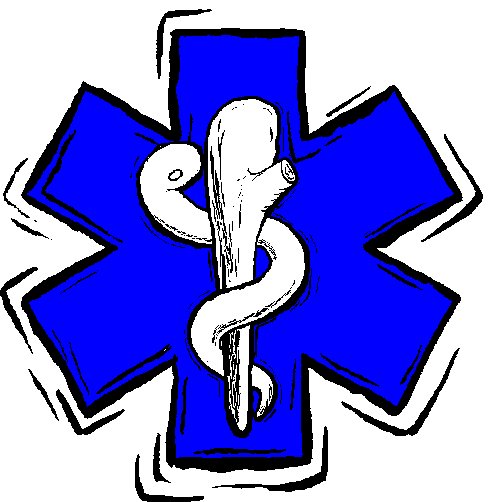Oregon has what's called the Oregon Health Plan--in essence, Medicaid for those without medicaid. Only a certain portion of the population have access to it and you must meet a certain low-income level to be eligible. It provides access to the health care system that some folks otherwise may not have had. Plan participants get extremely low premiums, low co-pays, and prescription drug coverage. Sounds great, right? Health care for those who wouldn't normally have it.Here's my problem:My partner and I took a call for back pain. We were in this closet sized apartment, packed to the breaking point with a couch, queen bed, recliner, kitchen nook, and big-ass TV with stacks of X-Box and Playstation games. All of this in the same little, tiny space. We could barely find a place to set our bags down, let alone stand.Our patient was sitting in the recliner, moaning and with three yappy dogs circling around us. "So, what's going on?" I ask with a smile on my face.She was a slow talker and while I felt impatient listening to her get to the point of her story, I listened attentively, taking occasional notes on my glove. But the gist of it all: she had a whiplash injury from about a week ago, had shoulder and upper back pain, and her prescribed pain meds weren't working. It hurt when she moved, hurt when she was lying down, hurt when she was just sitting up.
"So whiplash from a week ago, huh? What happened? Was it a car accident?" Just a curious, conversational, innocent question."No... I fell asleep in my recliner and pulled something." Now trust me, given my overall impression of the patient, this was a
WTF? Seriously? You called for this?I know that my partner had the same thought because I could see it in his face across the tiny little apartment. But, I thought that I could use this as an educational moment."You know, I'm more than happy to take you to the ER now, but this is something that can easily be followed up with your doctor. Do you have a primary care physician?""No. I'm in between doctors right now.""Well, that's okay. Did you know that there's an urgent care clinic at the hospital and you can easily follow up with a physician there?""No. But I'm on OHP and I want to go to the emergency room. That's where I went first, they have all my records, that's where my caseworker knows I'm going to go."So there it was. I tried to reason once more, explaining that records can be shared, but she wasn't having it. From personal experience, I'm irritated with the mindset of the 'average' OHP clients that I've run on. They look at EMS and the ER system as their only option and in some cases, as free health care. Now, I know that there are OHP clients that use the system appropriately and I've run on them too, but from my experience as a prehospital care provider, they are the minority.But the story goes on. I ask her to walk outside to the gurney because there was no way the gurney would fit into her little apartment. She used her cane and I let her hold my hand as we slowly made our way outside. She sat down with a huff, slung her legs onto the cot, and handed me her cane. Then she turned to her son, shouting over me shoulder: "I'll call you when I'm done so you can come get me."I was left asking myself the question if she's able to walk to my cot (which is next to her parked car) and junior will be coming to pick her up from the ER, how come junior couldn't drive her up to the hospital? I could make the assumption that she just wanted pain medications, but I had already told her up front after looking at her pain medications that I had nothing stronger than what she was already taking. May she simply didn't know better, but I find that doubtful since when I tried to educate her, she wanted nothing to do with it. Nope, I think it all has to do with her OHP Golden Ticket and her (nearly) free access to healthcare--no matter how unnecessary the access might be.








